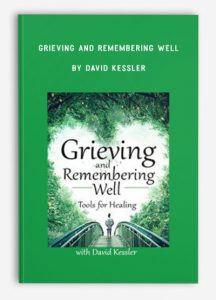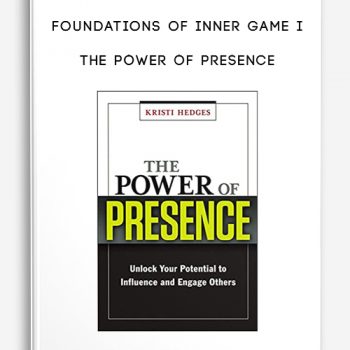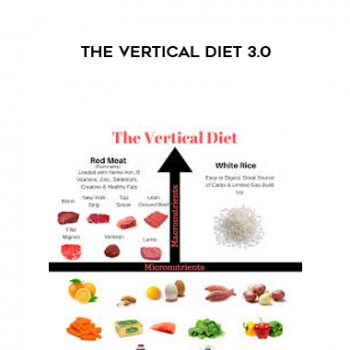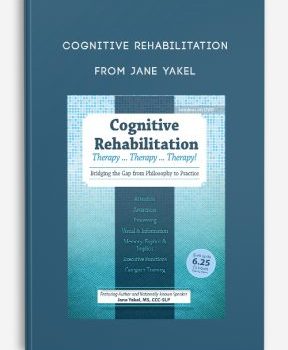 Grieving and Remembering Well: Tools for Healing by David Kessler
Grieving and Remembering Well: Tools for Healing by David Kessler
More information about Medical:
Medicine is the science and practice of establishing the diagnosis, prognosis, treatment, and prevention of disease.
Medicine encompasses a variety of health care practices evolved to maintain and restore health by the prevention and treatment of illness.
Contemporary medicine applies biomedical sciences, biomedical research, genetics, and medical technology to diagnose, treat, and prevent injury and disease,
typically through pharmaceuticals or surgery, but also through therapies as diverse as psychotherapy, external splints and traction, medical devices, biologics, and ionizing radiation, amongst others.
Medicine has been around for thousands of years, during most of which it was an art (an area of skill and knowledge) frequently having connections to the religious and
philosophical beliefs of local culture. For example, a medicine man would apply herbs and say prayers for healing, or an ancient philosopher and physician would apply bloodletting according to the theories of humorism.
In recent centuries, since the advent of modern science, most medicine has become a combination of art and science (both basic and applied, under the umbrella of medical science).
While stitching technique for sutures is an art learned through practice, the knowledge of what happens at the cellular and molecular level in the tissues being stitched arises through science.
Description
While most therapists are experienced in exploring the pain of grief, their clients may be asking for a clear direction out of their pain. How does the therapist deal with questions of “When will this pain end?” How and when can the therapists help the client shift from feeling pain to experiencing healing?
David Kessler, one of the world’s foremost experts on healing and loss, will look closely at how death shapes our grief and explore appropriate interventions and talking points to use in your session. This recording will help you better understand how to approach the sensitivities of grief and, learn the importance of grieving for the healing process to begin in your clients.
- Background
- The Death Shapes Grief
- River of Grief
- Witnessing Grief
- Pure Grief vs. External Triggers
- Grief vs. Trauma
- Positive Psychology
- Survivor’s Guilt
- Grief Needs
- Grief in Therapy
- Worst and Best Things to Say
- Pitfalls of Getting Over Loss
- Healing
- The Sixth Stage of Grief
- Complicated Grief
- Multiple Losses
- Goals of Grief Work
More information about Medical:
Medicine is the science and practice of establishing the diagnosis, prognosis, treatment, and prevention of disease.
Medicine encompasses a variety of health care practices evolved to maintain and restore health by the prevention and treatment of illness.
Contemporary medicine applies biomedical sciences, biomedical research, genetics, and medical technology to diagnose, treat, and prevent injury and disease,
typically through pharmaceuticals or surgery, but also through therapies as diverse as psychotherapy, external splints and traction, medical devices, biologics, and ionizing radiation, amongst others.
Medicine has been around for thousands of years, during most of which it was an art (an area of skill and knowledge) frequently having connections to the religious and
philosophical beliefs of local culture. For example, a medicine man would apply herbs and say prayers for healing, or an ancient philosopher and physician would apply bloodletting according to the theories of humorism.
In recent centuries, since the advent of modern science, most medicine has become a combination of art and science (both basic and applied, under the umbrella of medical science).
While stitching technique for sutures is an art learned through practice, the knowledge of what happens at the cellular and molecular level in the tissues being stitched arises through science.













tristian –
This is Digital Download service, the course is available at Coursecui.com and Email download delivery.